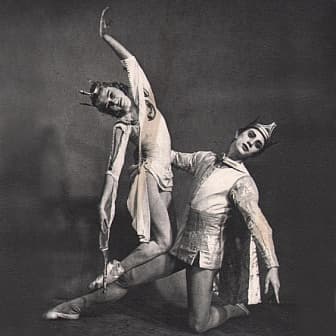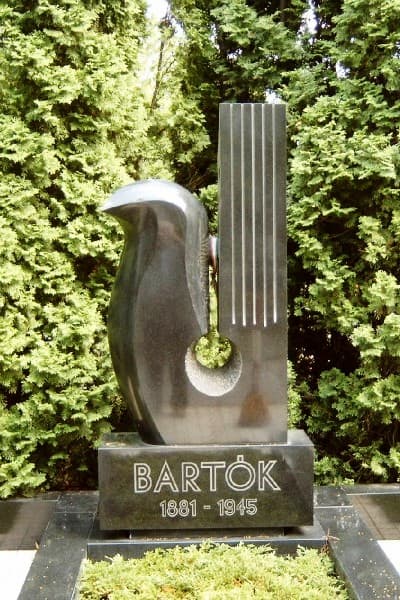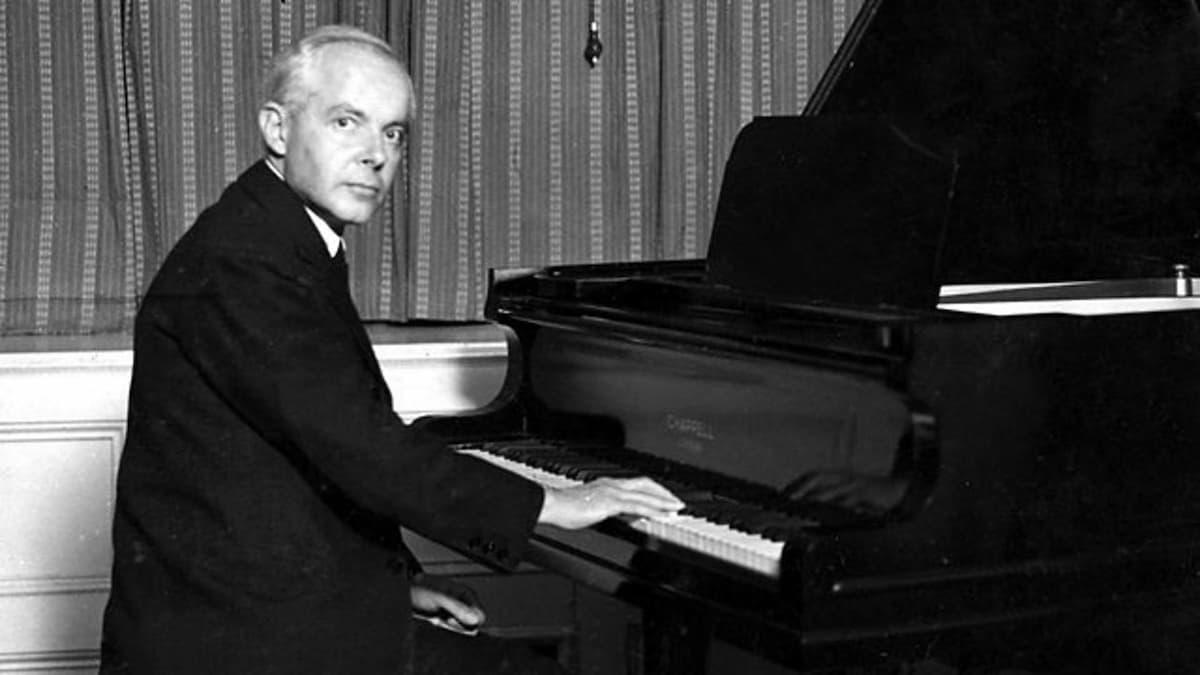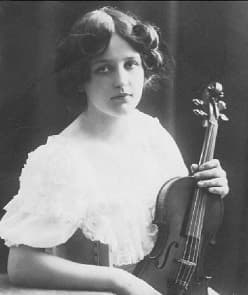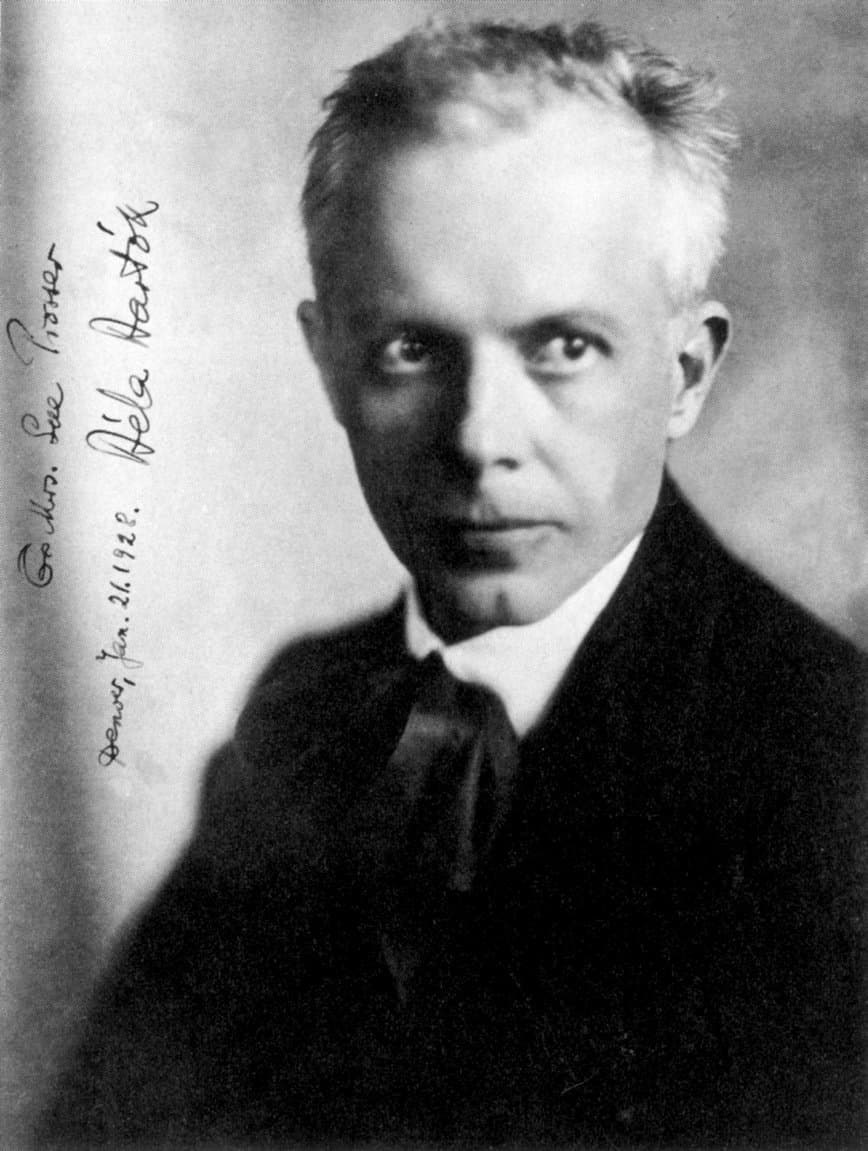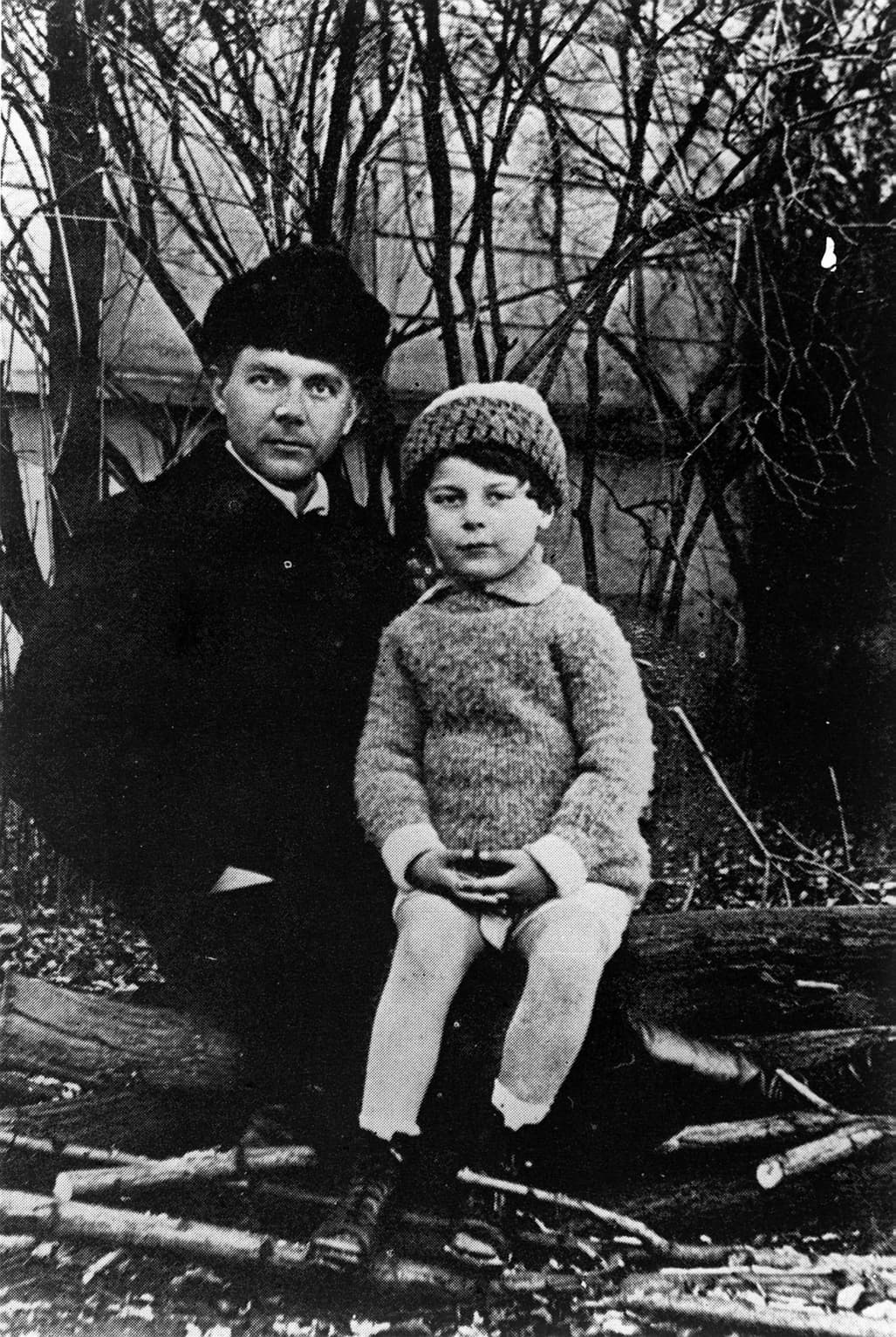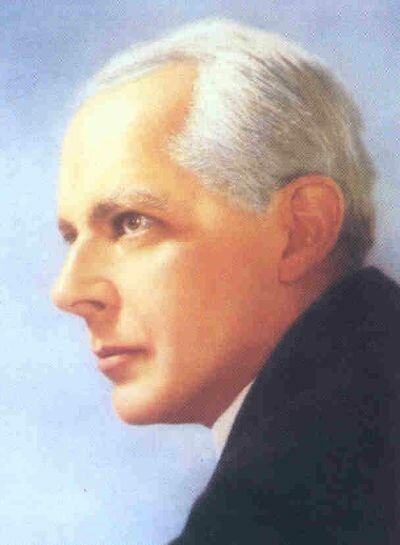Hungarian composer Béla Bartók (1881–1945) wrote two ballets, one that has achieved some fame (The Miraculous Mandarin of 1926), but the other has faded from today’s stages. In its time, however, the first ballet, The Wooden Prince, was staged everywhere.
Bartok
Béla Bartók was diagnosed with Leukaemia in April 1944, and as his body gradually failed, he found creative energy and produced a final set of masterpieces inspired by Yehudi Menuhin, Fritz Reiner, and Serge Koussevitzky. Bartók died at age 64,
In a recent recording of Béla Bartók’s third string quartet, violist Stanley Konopka created a new transcription of the work for a double-string orchestra. He was inspired by a string orchestra arrangement of Beethoven’s ultimate statement for string quartet, the
Since we recently featured the fifteen Shostakovich String Quartets and the seventeen Weinberg String Quartets, I thought it only fitting to reveal some remarkable cutting-edge tendencies in the brilliant Six String Quartets of Béla Bartók, one of the most important
Béla Bartók (1881-1945) started his musical journey at age 5 with piano lessons at home before he went to the Budapest Academy of Music in his teens. His teacher, István Thomas, had been a student of Liszt and his training
During the mid-1920s, Béla Bartók experienced a compositional fork in the road. His violin sonatas had represented him as a musician on the international stage, while the “Dance Suite” was a national composition celebrating the 50th anniversary of the unification
It is somewhat ironic that not a single Hungarian town in which Béla Bartók spent his youth is now within Hungarian boundaries. At the time of his birth on 25 March 1881, the town of Nagyszentmiklós was part of the
One of my favorite pieces to perform is Hungarian composer Béla Bartók’s Romanian Folk Dances. It is full of infectious rhythms, melancholy melodies, and subtle effects. János Starker performs it in the cello rendition.

